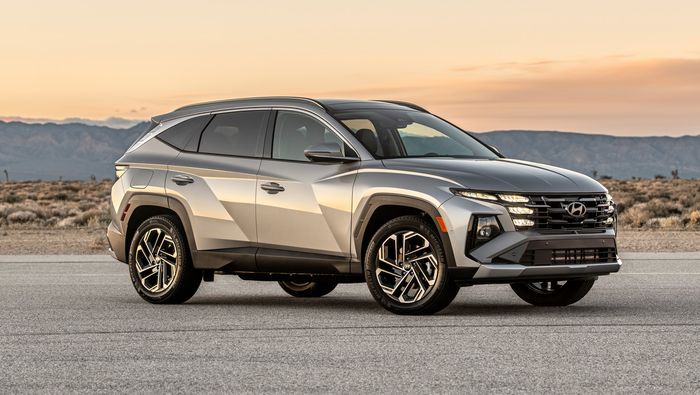CPOpen: Your Gateway to Current Affairs
Stay updated with the latest trends and insights across various topics.
Hybrid Cars: The Future That Runs on Fumes and Dreams
Discover how hybrid cars combine innovation and sustainability, driving us toward a cleaner, dream-filled future!
How Hybrid Cars Work: A Comprehensive Guide
Hybrid cars represent a blend of traditional internal combustion engines and electric propulsion systems, designed to optimize both energy efficiency and performance. At the heart of a hybrid vehicle is the hybrid powertrain, which typically includes a gasoline engine, an electric motor, and a rechargeable battery. The vehicle can operate using either the gasoline engine, the electric motor, or a combination of both, depending on the driving conditions. This capability allows hybrids to achieve better fuel economy compared to conventional vehicles, especially in stop-and-go traffic where the electric motor can take over, thus reducing emissions and conserving fuel.
In addition to their dual power sources, hybrid cars employ advanced technologies such as regenerative braking, which captures energy usually lost during braking and stores it in the battery for later use. This feature enhances the overall efficiency of the vehicle. Moreover, many hybrids are equipped with smart systems that monitor driving patterns and adjust the power distribution between the gasoline engine and electric motor accordingly, further maximizing fuel economy. Understanding how these components work together is essential for anyone interested in the environmental benefits and economic advantages of driving a hybrid car.

The Environmental Benefits of Driving Hybrid Vehicles
Driving hybrid vehicles offers numerous environmental benefits that contribute to a healthier planet. One of the primary advantages is the reduction of greenhouse gas emissions. Hybrid cars utilize a combination of gasoline and electric power, resulting in lower carbon dioxide emissions compared to conventional vehicles. This is crucial in combating climate change and improving air quality, especially in urban areas where pollution levels tend to be higher. Moreover, studies have shown that transitioning to hybrid vehicles can significantly decrease our dependence on fossil fuels, promoting a more sustainable energy future.
In addition to reduced emissions, hybrid vehicles often enhance fuel efficiency, translating to less fuel consumption overall. This not only saves drivers money on gas, but also leads to decreased oil extraction and processing activities, which can be harmful to ecosystems. By choosing hybrids, consumers are making a conscious decision to support environmental sustainability. The widespread adoption of hybrid technology could lead to substantial reductions in energy consumption and resource depletion, ultimately fostering a greener and more sustainable world for future generations.
What to Consider When Choosing Your First Hybrid Car
Choosing your first hybrid car can be a thrilling yet daunting experience. To start, you should consider your driving habits. Assess how often you commute, the typical length of your trips, and whether you usually drive in urban settings or on highways. Hybrid cars excel in stop-and-go traffic, which can significantly enhance fuel efficiency compared to traditional vehicles. Additionally, think about your battery range and how it aligns with your daily needs. Some models may offer extended electric-only driving ranges, which can be a great advantage for short trips.
Another important factor to evaluate is the total cost of ownership. While the initial price of hybrid cars can be higher than their gasoline counterparts, they often provide savings in fuel costs and maintenance. Be sure to research available incentives, as many regions offer tax credits or rebates for hybrid vehicle purchases. Lastly, look into the reliability and resale value of different hybrid models; this information can help ensure that your investment will hold value over time. Prioritize your preferences based on what matters most to you, whether that's efficiency, technology, or design.